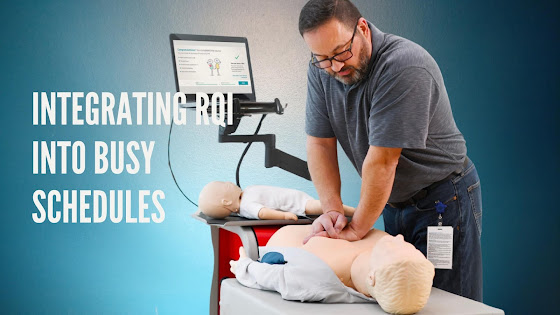Pursuing a Passion for Healthcare and Education: A Journey from Medicine to Special Needs Teaching

Pursuing a Passion for Healthcare and Education Pursuing a Passion for Healthcare and Education Introduction Sometimes, the journey we set out on takes us to places we never expected but are exactly where we need to be. I began with a dream of medical school, driven by a deep desire to help others, especially children . Yet, as I studied and observed the medical field, I realized that my heart was leading me somewhere else. That journey ultimately brought me to special needs education—a field that became my calling and taught me invaluable lessons I carry with me today. Discovering a New Path My initial dream of becoming a doctor stemmed from my love for helping others. However, as I studied for the MCAT, I was put off by the politics involved in medicine and, later, the reality of patient procedures. I couldn’t see myself in a role that didn’t align with my values. When I was offered a substitute teaching position, I began t...





